- Tear staining in dogs is not a normal phenomenon. They are caused by excessive tearing or overflow of tears onto the fur around the eyes.
- The exact reason behind the colour of the staining is not fully understood yet. However, potential causes include pigments similar to lactoferrin, porphyrins, catecholamines, bacteria, yeast, or various minerals that are found in tears and saliva. The staining occurs when hair is in prolonged contact with the tears or saliva.
- Abnormal eyelash growth, particularly when they rub against the eye, can cause irritation and excessive tearing. Look out for red inflamed areas along the eye rims or eye lashes.
- Some puppies experience increased tearing and staining during the teething process.
- Eye hairs & nose folds touching the cornea (surface of the eyeball) can irritate the eyes and cause excessive tearing. Common in dogs such as Shih-Tzu's for example.
- Diet can influence tear staining, and certain food additives or ingredients may exacerbate the condition in susceptible dogs
- When a dog's nose folds are big or stick out a lot, they might rub against the clear part of the eye causing watery eyes in dogs e.g. Bulldogs, Boxers & Pugs
- Lhasa Apso, Pekingese, Bull Mastiff, Boston Terrier, Shih Tzu & Maltese are also prone to tear staining because of the short distances between their eyes and nose.
- Damage to the cornea from rubbing of hair or nosefolds can damage the surface of the cornea leading to eye infections which present as yellow or green discharge and red inflammed eyes.
- Human house dust mites & their excretions can collect around the fur around the eyes (this area is not washed as diligently as the other part of the body) which can cause irritation & therefore tear staining by way of an allergic response.
For more detailed information read our blog on how some breeds suffer from tear staining more than others
The cause of tear staining needs to be addressed. Read our blog comparing the types of tear stain removers.

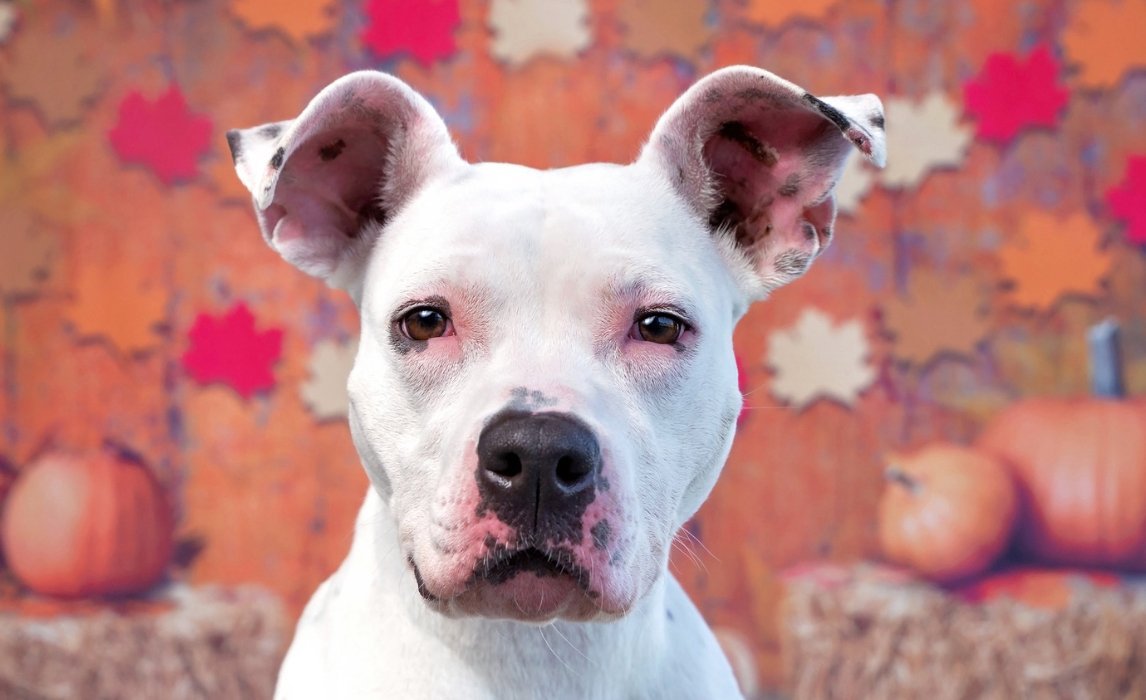
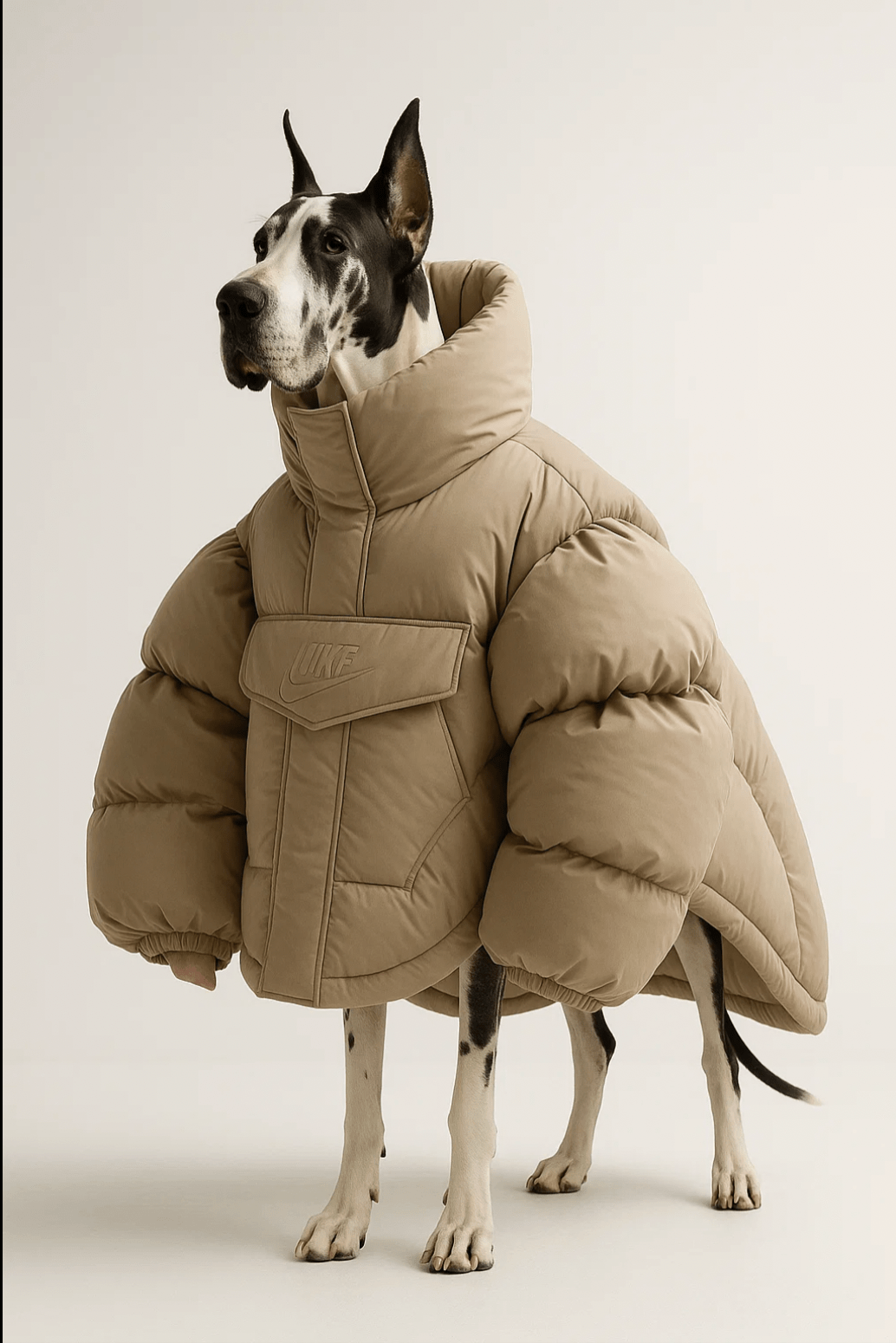

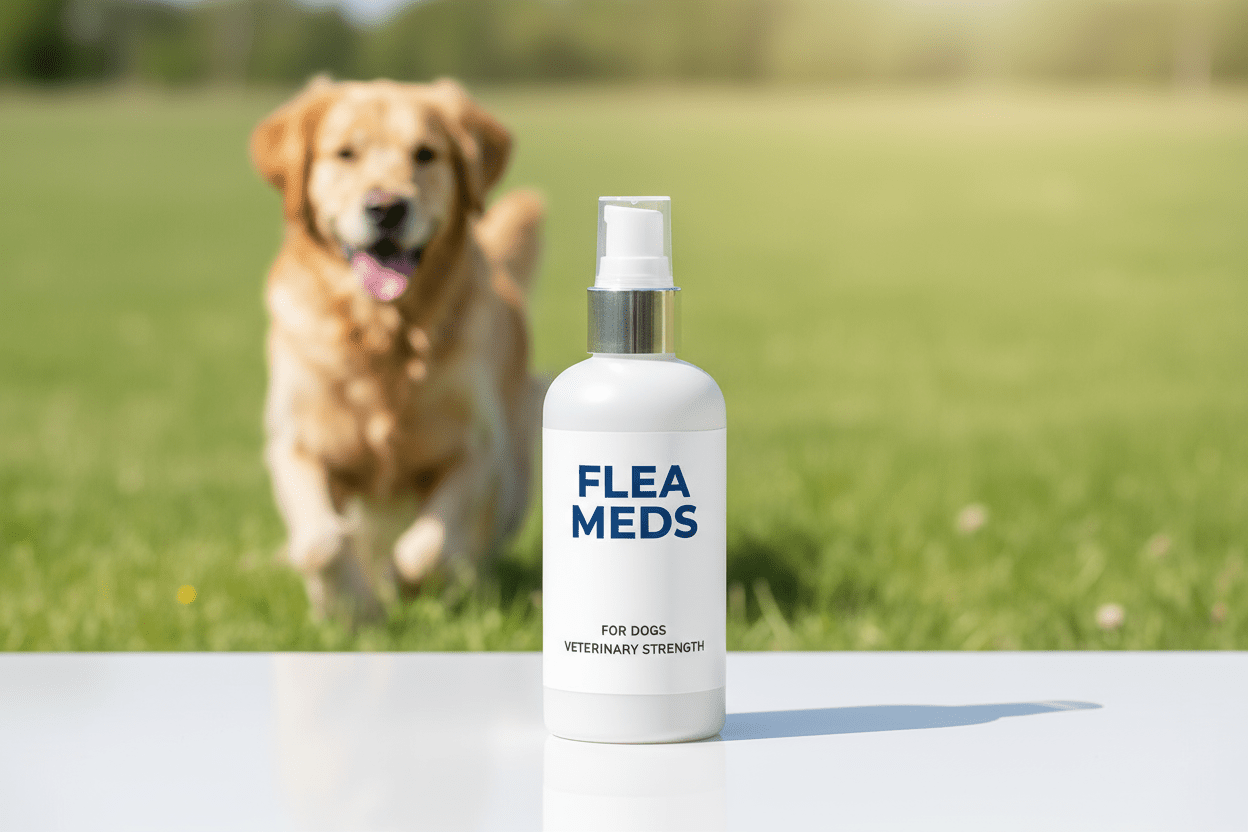
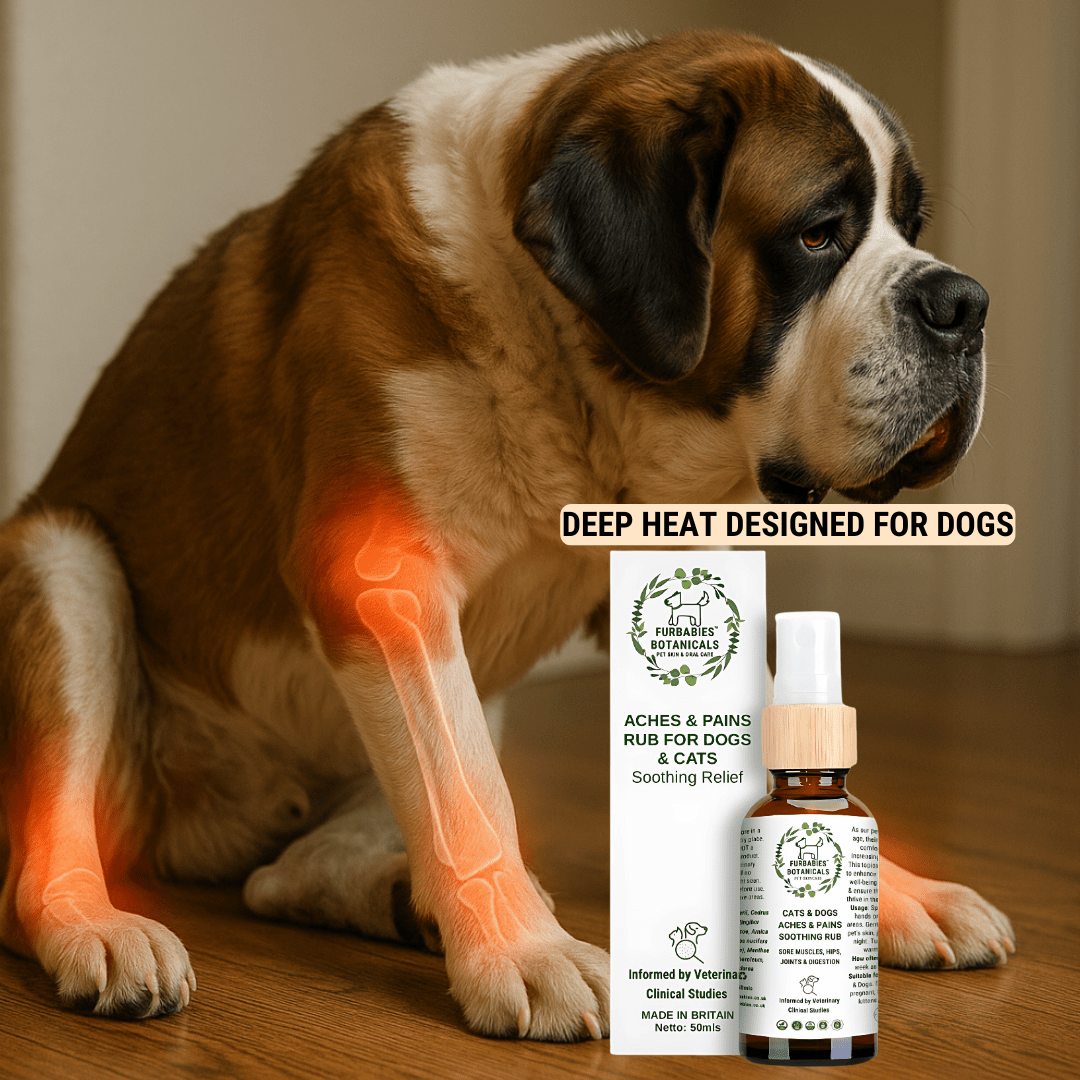

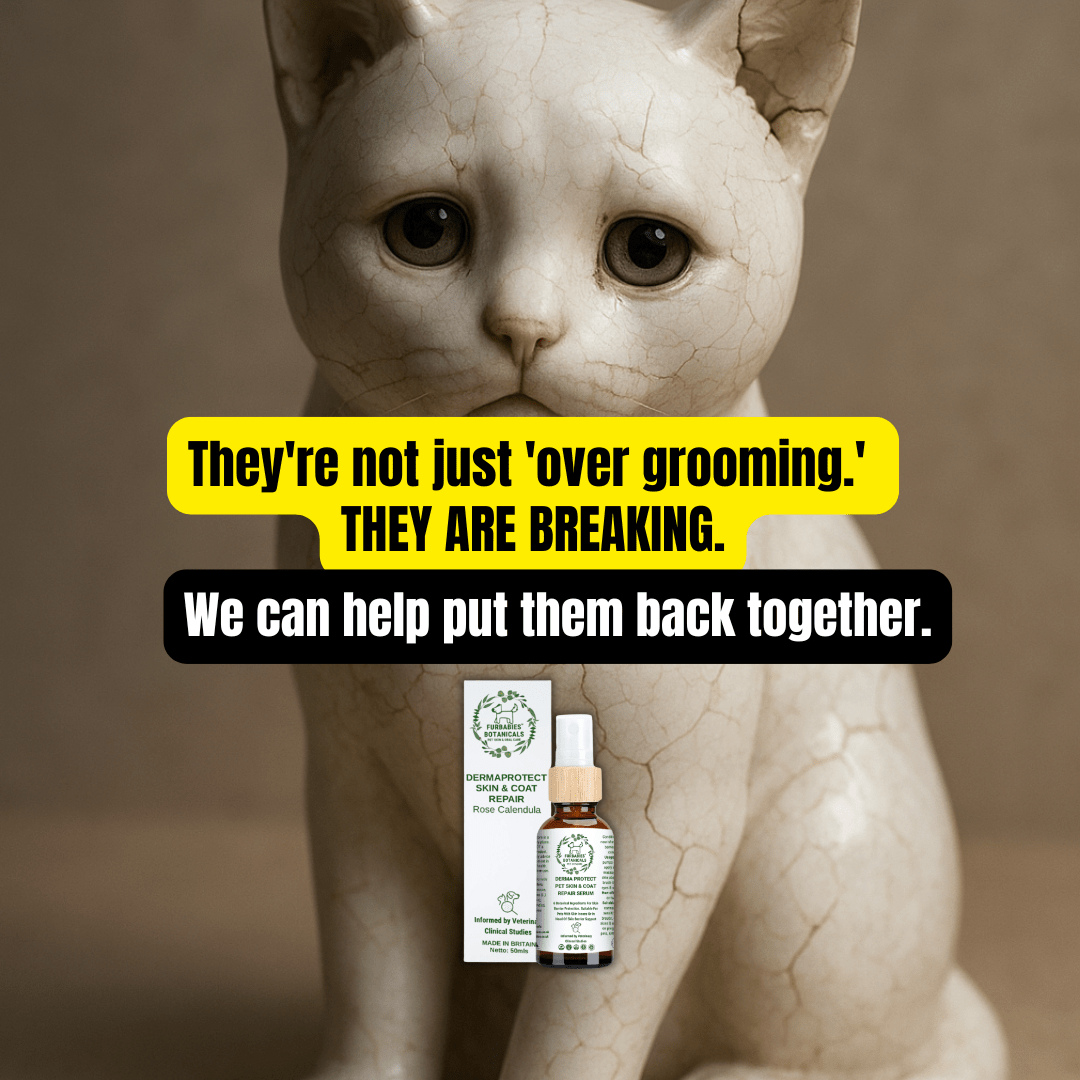
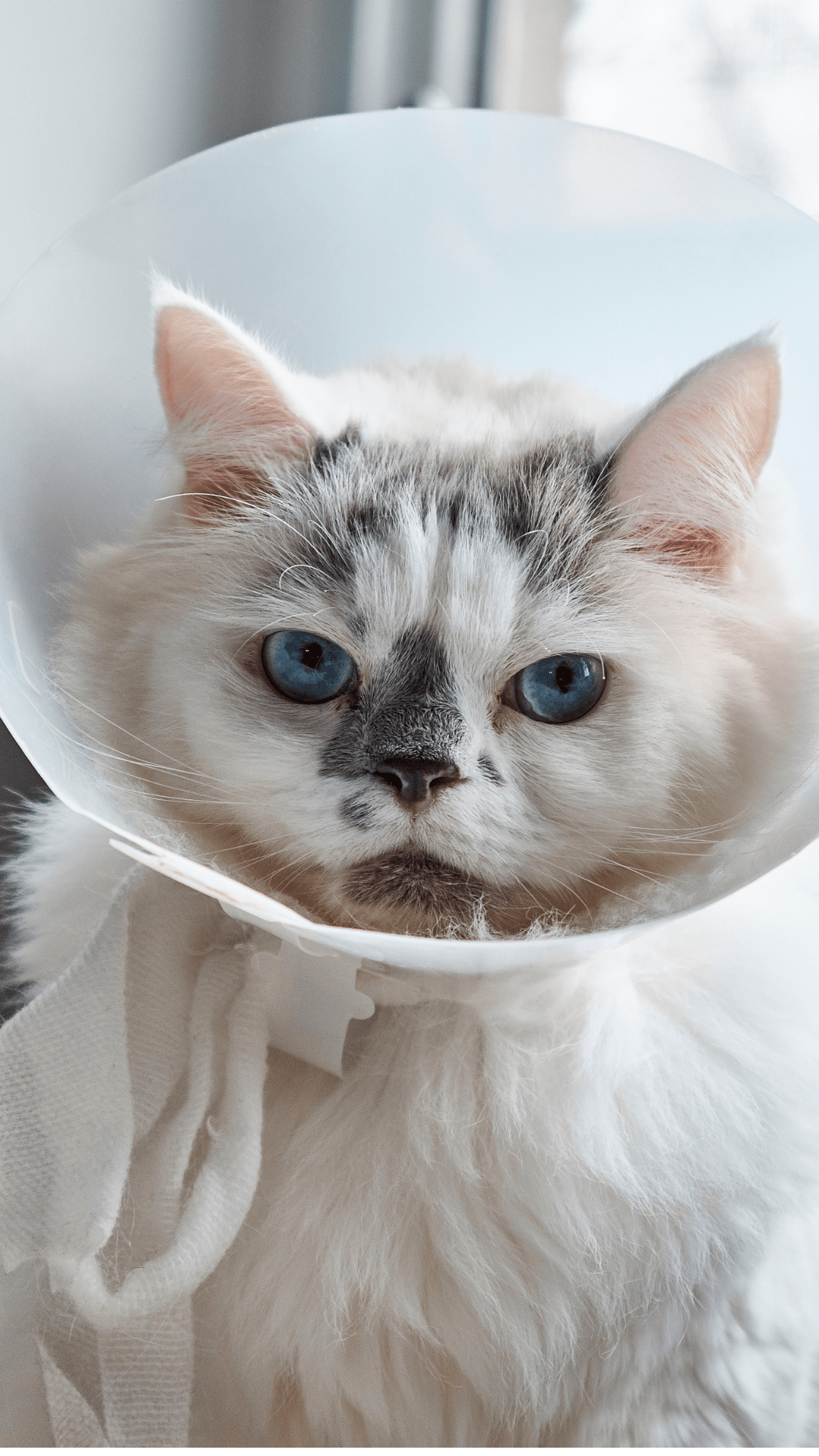
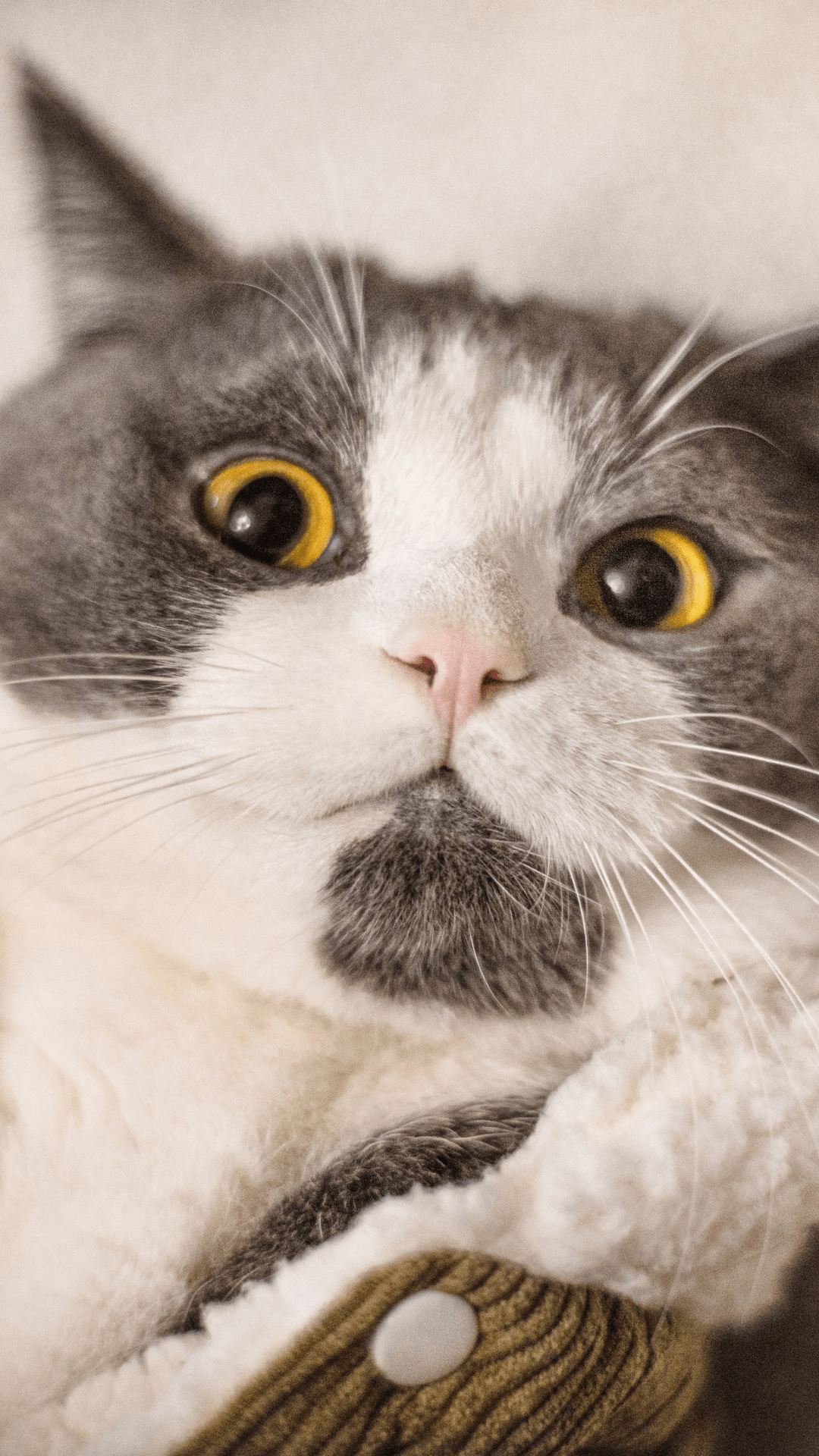
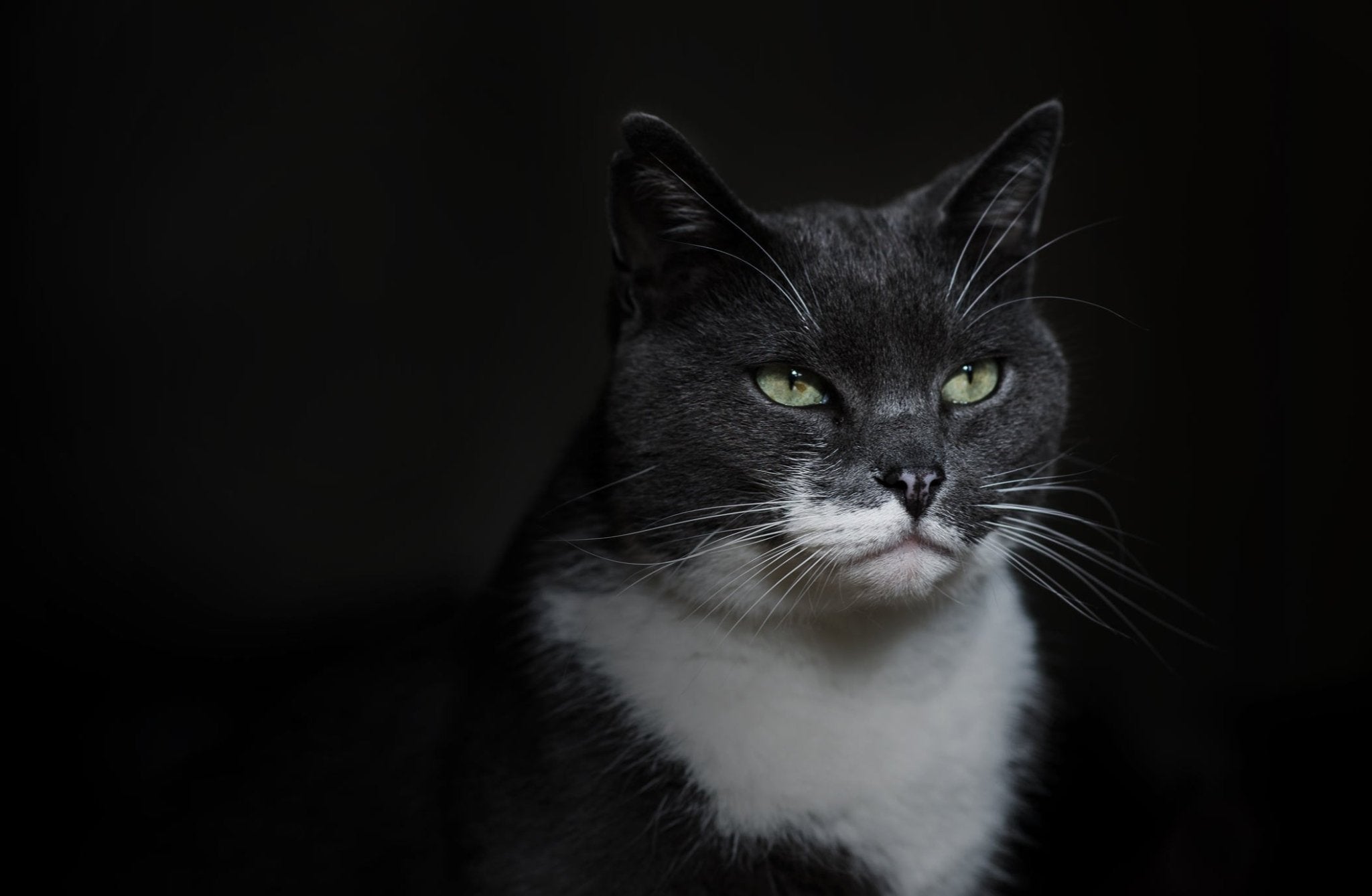
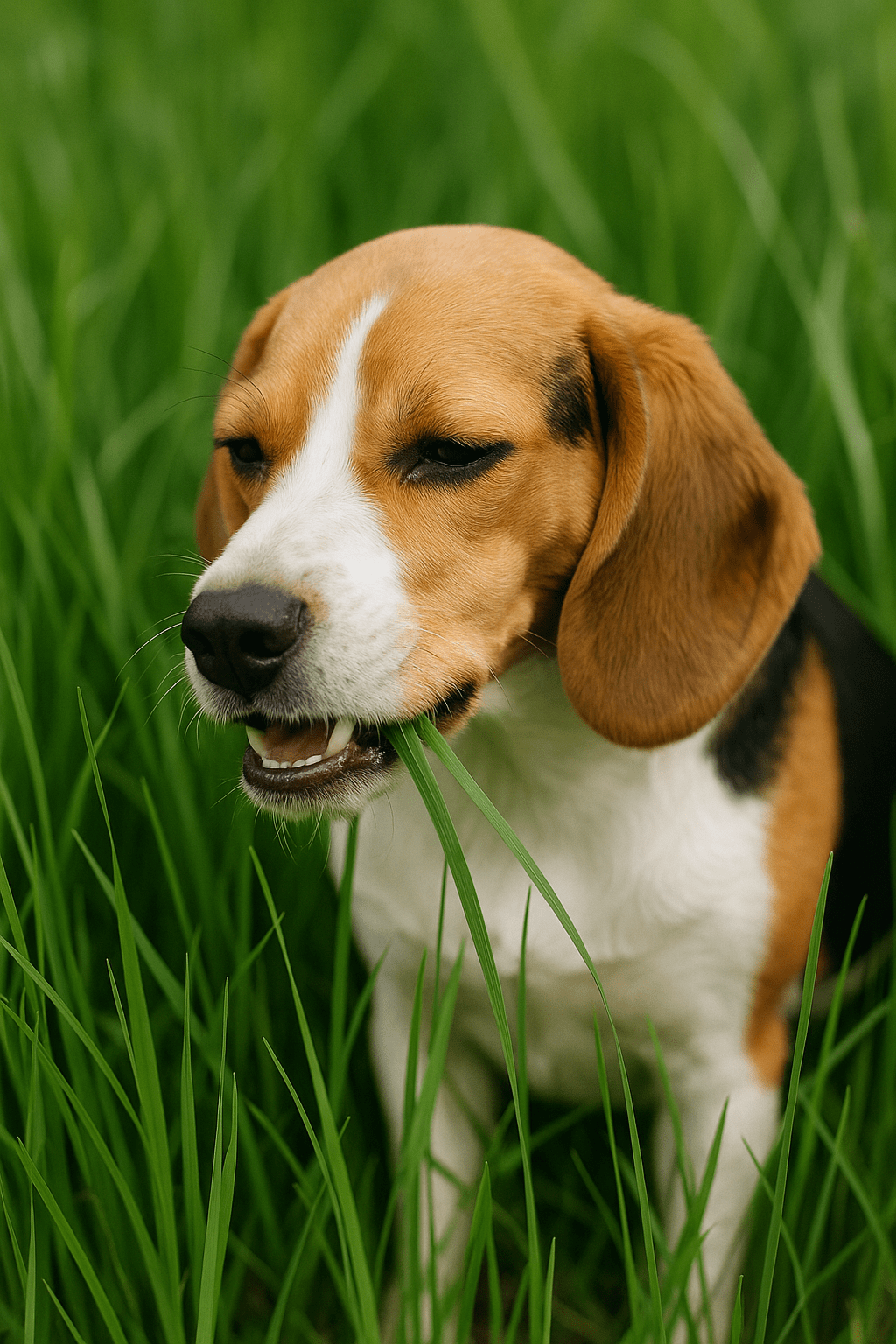
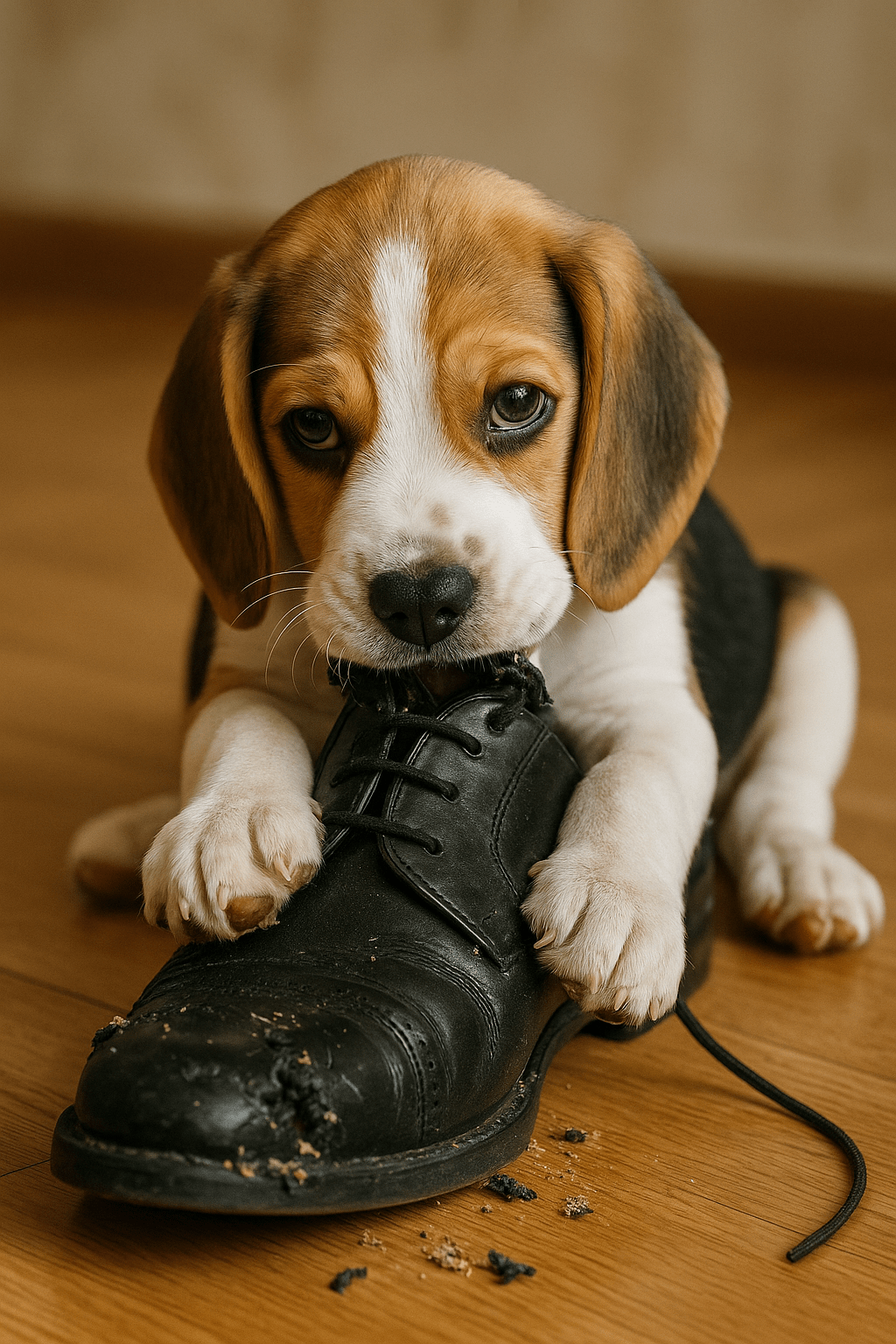
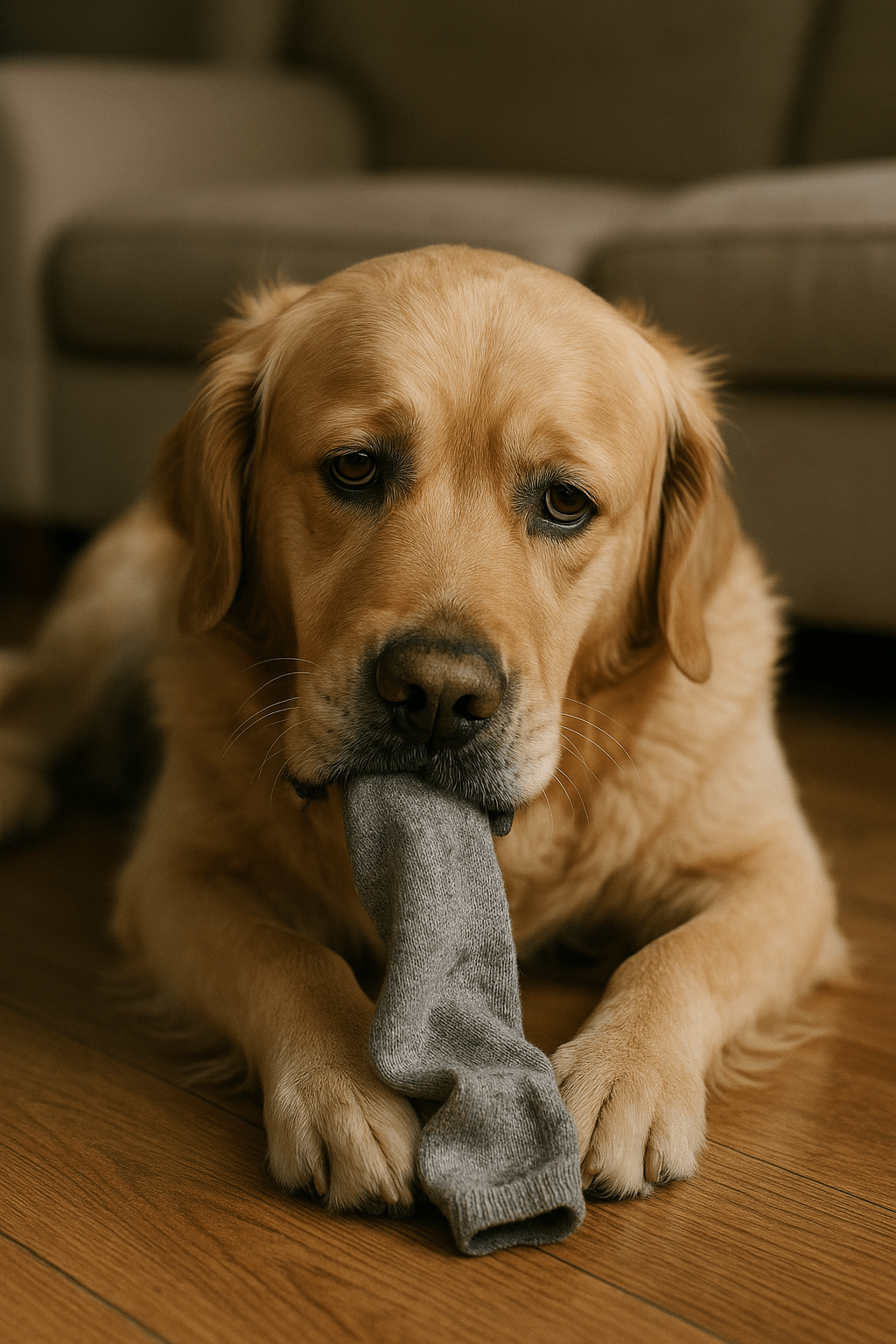
Share:
The best tear stain remover - a product comparison
Dangers of leaving poo stuck to your rabbit's coat.